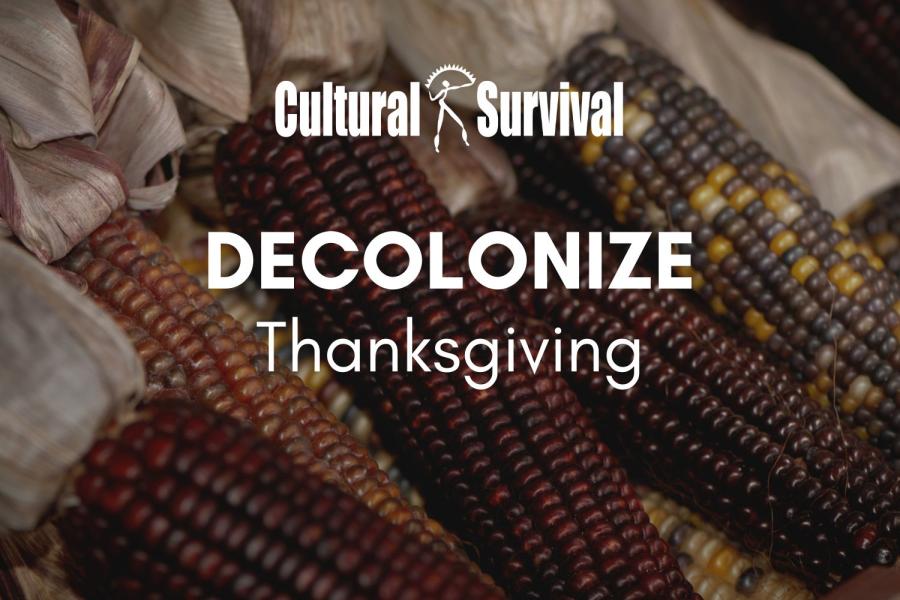
By Rebecca Kirkpatrick (CS Intern)
Dr. Haunani-Kay Trask (Kanaka Maoli), scholar, poet, and champion of sovereignty for Hawaiian Peoples has died at the age of 71. According to her sister, Mililani Trask, she passed peacefully in her sleep on July 3, 2021, in Honolulu.
Dr. Haunani-Kay Trask was a founding member of Ka Lahui Hawai’i, an organization that promotes Hawaiian self-determination for Native Hawaiians and Hawaiian self-governance. She was a leading figure of the Hawaiian Sovereignty movement, fighting for Indigenous rights and railing against American occupation of Hawaiian lands and the hypocrisy of United States policy. The U.S. was involved in the overthrowing of the Hawaiian monarchy in 1893, forcing Queen Lili’uokalani to abdicate the throne. Hawai’i was then annexed by the United States in 1898 and became a state in 1959.
In 1993, Dr. Trask helped lead a march of 15,000 Kanaka Maoli, or Native Hawaiians, seeking to reclaim lands held in trust by the State. The march was one of the first major protests calling for the return of native lands in Hawai’i, and took place on the centennial of the overthrow of Queen Lili’uokalani. At the march, she took to the steps of Iolani Palace, the former residence of Hawaiian royalty and government capitol building for the State of Hawaii, and told her fellow protesters what drove her to keep fighting. “I am so proud to be here,” she said. “I am so proud to be angry. I am so proud to be Hawaiian.”
In addition to her vital work as an activist and voice for the Hawaiian people, Dr. Trask was also a tenured professor at University of Hawai’i at Mānoa, where she is credited with co-founding the contemporary field of Hawaiian studies, and later became the founding director of the UH Mānoa Center for Hawaiian Studies. “I think my most important achievement has been building the Center for Hawaiian Studies and leaving that scholarly legacy to future generations of Indigenous Peoples,” Dr. Trask said in a 2009 interview with Cultural Survival.
In an interview with KHON2 News, Neolani Goodyear-Ka’opua, Professor of Political Science at UH Mānoa and former student of Dr. Trask stated, “We have a better understanding, a clearer understanding of the truth of Hawaiian history because of her and the work that she did.” Another of Dr. Trask’s former students, Healani Sonora-Pale, said, “She dedicated her life to the movement, she dedicated her life to uplifting and raising the political consciousness of the Hawaiian people and educating us, and she gave us courage.”
Dr. Trask also inspired others through her writing and her poetry. In her book, Notes from a Native Daughter: Colonialism and Sovereignty in Hawaii, published in 1993, she described Hawaii as “once the most fragile and precious of sacred places, now transformed by the American behemoth into a dying land.” She published another book in 1981, Eros and Power: The Promise of Feminist Theory, adapted from her dissertation, as well as two poetry collections, Light in the Crevice Never Seen, published in 1994 and Night is a Sharkskin Drum, published in 2002. According to the New York Times, Dr. Trask’s poetry “employed imagery suggestive of a sentient island bleeding from the violence of colonialism.”
Dr. Trask also spoke about the detrimental effects of tourism on Hawai’i and Hawaiian culture. Today, tourists outnumber Hawaiian residents by six to one and Native Hawaiians by thirty to one, and Dr. Trask argued that the true impact of tourism on the people and land of Hawai’i is devastating. She considered tourism to be cultural prostitution—prostitution of the land, the culture, and the roles of women in Hawai’i. In traditional Hawaiian culture, hula was performed as a sacred offering, or Mohai, to transmit information and knowledge as part of oral traditions, or as a way to create social and cultural cohesion. Today, hula is performed as a way to entice haole (non-native) tourists in performances that have nothing to do with Native Hawaiians nor true native tradition.
Haunani-Kay Trask was an inspiration to many and an essential part of the long-standing fight for Indigenous rights and Hawaiian sovereignty. Her death is a profound loss for the world of Indigenous rights activism and for the Native Hawaiian community as a whole, but her legacy will continue to live on in the hearts and minds of all whom she touched with her work, her words, and her wisdom.



